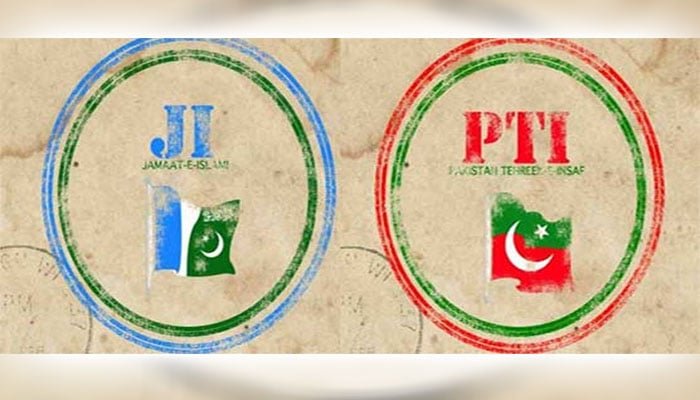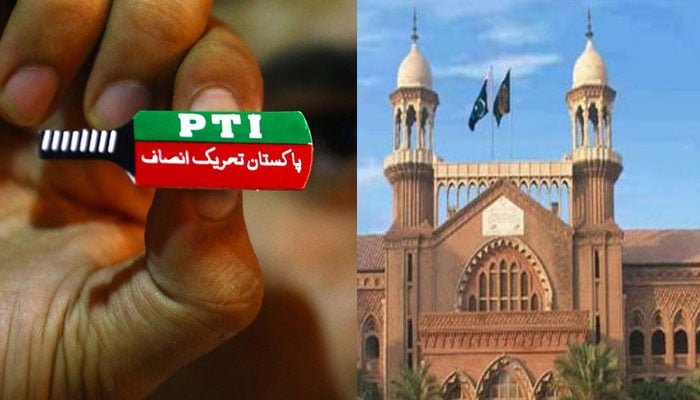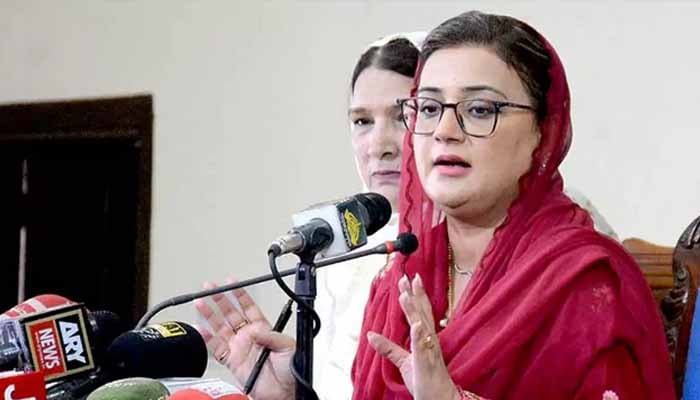The political landscape in Khyber Pakhtunkhwa (KP) is witnessing a significant shift as Jamaat-e-Islami’s leader, Professor Ibrahim, asserts that there is no alliance with Pakistan Tehreek-e-Insaf (PTI) in the province.
In a statement, Professor Ibrahim emphasized that while PTI has the prerogative to form a government with whomever they choose, it is unethical to use the Jamaat-e-Islami’s name in such alliances.
Jamaat-e-Islami’s spokesperson, Qaiser Sharif, revealed that representatives from PTI have met with Jamaat-e-Islami’s leadership, and after consultation, a final response will be given to PTI.
PTI’s federal and Punjab leadership, in collaboration with Muttahida Majlis-e-Amal (MMA) in KP, announced their intention to form a government with Jamaat-e-Islami in Khyber Pakhtunkhwa.
It is worth noting that in the general elections, PTI emerged victorious on 92 seats in the National Assembly, and PTI and its allies secured a significant number of seats across the country. In response, PTI announced alliances with MMA in the federal and Punjab assemblies and with Jamaat-e-Islami in KP.
PTI’s spokesperson, Rauf Hassan, stated during a press conference that PTI’s founder’s message is clear: whoever wins the elections should be allowed to form the government. In Khyber Pakhtunkhwa, Ali Amin Gandapur from PTI will lead the government.
Hassan further elaborated that PTI’s founder emphasized the need for intra-party elections to be conducted promptly, and in KP, they are moving towards forming the government with Jamaat-e-Islami. In the federal and Punjab assemblies, alliances will be formed with MMA, while in KP, the government will be formed with Jamaat-e-Islami.
The developments indicate a dynamic reconfiguration of political alliances and strategies in the aftermath of the elections, as parties maneuver to secure positions of power and influence in the government. These alliances reflect the evolving political landscape and the efforts of parties to navigate the complexities of coalition politics in Pakistan.



